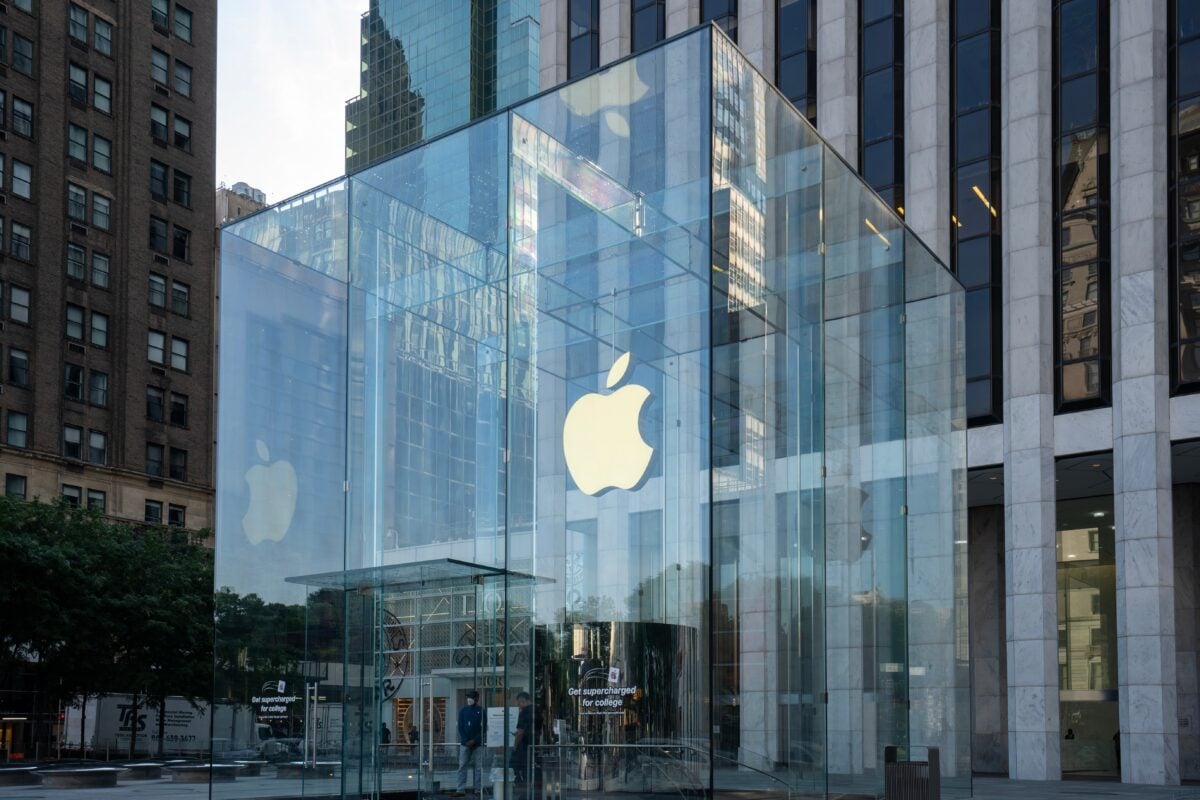TLDRs:
- JPMorgan says Google’s antitrust case could disrupt $28B in annual payments to Apple.
- A Chrome breakup may end default search deal between Apple and Google.
- DOJ wants to ban Google from paying for distribution—JPMorgan sees this as worst-case for Apple.
- A middle-ground remedy could soften earnings hit but still affect Apple’s margins.
A landmark antitrust case targeting Google’s search dominance could soon spill over into Apple’s bottom line, according to a fresh analysis from JPMorgan Chase.
The Department of Justice (DOJ)’s efforts to address Google’s monopolistic practices may force structural changes that would upend a crucial revenue stream for Apple, one worth up to $28 billion annually.
The tech giant currently benefits from Google’s dominance through what’s known as traffic acquisition fees. In exchange for being the default search engine on Apple devices, Google reportedly pays Apple billions each year. JPMorgan analysts, led by Samik Chatterjee, estimate that about $12.5 billion of this sum is tied directly to U.S. users alone.
But that partnership now hangs in the balance as legal proceedings against Google near a turning point.
A Chrome Sale Could Sever Apple’s Cash Pipeline
A federal judge last year ruled that Google had engaged in anticompetitive behavior by spending billions to cement its search dominance. That verdict opened the door to a range of possible remedies, including the forced sale of Google’s Chrome browser, a key gateway for users online.
If Google is forced to spin off Chrome, the financial ties between Google and Apple could be strained or severed entirely. Without Chrome under its belt, Google may lose the leverage it currently uses to finance its massive payments to Apple.
JPMorgan warns that such a scenario could significantly weaken Apple’s services income stream, a critical pillar of its growing non-hardware revenues.
DOJ Payment Ban Alarms Analysts
While the legal outcome remains uncertain, two remedy proposals have emerged, one from the DOJ and one from Google. The DOJ’s version would prohibit Google from making payments to secure default status on devices.
This, JPMorgan analysts say, would be the worst-case scenario for Apple. If enacted, it could slash Apple’s earnings per share by as much as 10%. Google’s own proposal, on the other hand, aims to preserve the current payment arrangement with Apple.
The investment bank suggests a third possibility of a compromise where Google can still pay Apple, but only if users voluntarily choose Google as their default search providermrather than Apple pre-setting it.
Apple May Absorb a Smaller Hit
Under this middle-ground approach, Google would compensate Apple based on genuine user engagement instead of pre-arranged placements. While not ideal for Apple, JPMorgan says this solution might result in only a low-to-single-digit percentage impact on Apple’s earnings per share.
The ruling is expected soon and could shape the financial dynamics between two of Silicon Valley’s biggest names. For Apple, which has leaned increasingly on services to offset hardware slowdowns, any change to its Google revenue pipeline could prove significant.
That said, investors and analysts alike are watching closely, because in today’s platform wars, even small shifts in search engine default settings can have billion-dollar consequences.







